What is the Blast Motion Early Connection Metric?

A bat sensor is one of the most valuable tools for assessing swing plane. In this case, Blast Motion provides a number of different metrics that tell you how the bat is moving through space. This blog is going to take a deeper dive into the early connection metric.
Blast Motion defines early connection as: “The relationship between the body’s tilt and the vertical bat angle at the start of the downswing.” In other words, it tells a hitter where the barrel of their bat is when their hands start rotating forward in the swing, or at the hitter’s “first move”. Ninety degrees is the ideal score.
These are a few examples of what a good early connection score at roughly 90 degrees would look like:

The average early connection for affiliate professional hitters here at Driveline is 90.72 degrees.
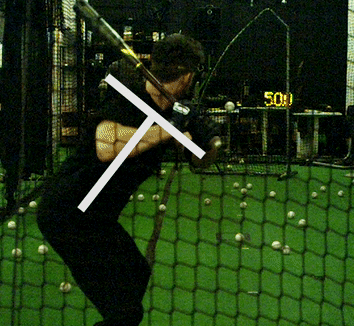
We prefer all of our hitters be anywhere from 80 to 100 degrees. Anything above 100 would be considered too high and anything below 80 would be considered too low.
High early connection
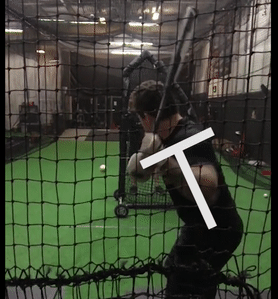
Low early connection
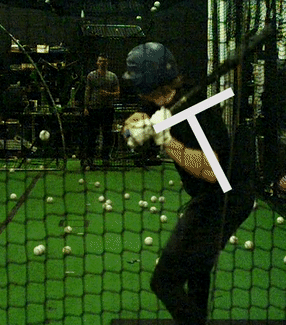
As early connection gets further away from 90 degrees, higher or lower, a hitter is going to struggle with consistency, contact quality, and adjustability. When this happens, it will be more difficult for the hitter to get the barrel of the bat “on plane” with the pitch, forcing the hitter to make adjustments by manipulating the bat with their hands too early in the swing, rather than using their torso effectively. We’ll go into more depth on how this ties in to bat path and “plane” in future blogs on the “connection at impact” and “on-plane efficiency” Blast metrics.
For now, these are some of the problems poor early connection scores might cause, and how to work on them.
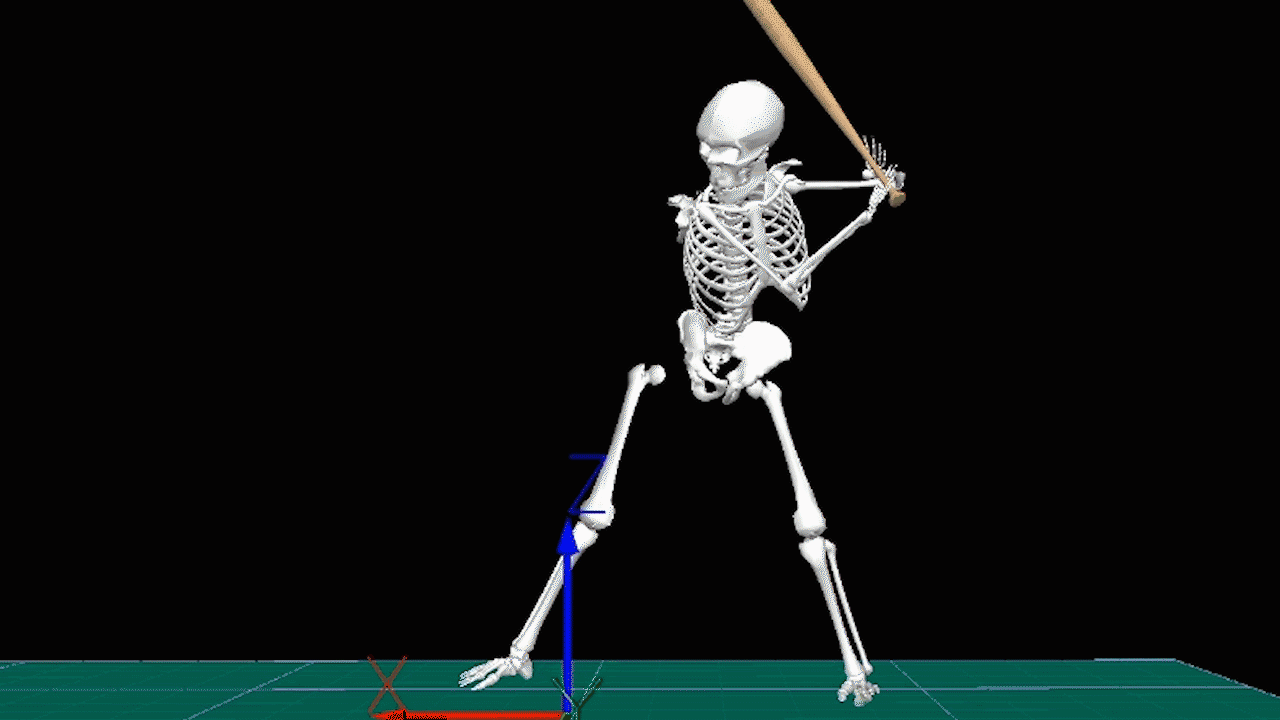
Foundations of Hitting
30 modules teaching you everything we know about hitting and hitting mechanics.
High early connection:
- Potential issues
- Inefficient kinematic sequence
- Problems maintaining posture
- Trouble with the high pitch
- Trouble hitting the ball deep in the zone
- Dumping the barrel
- Trouble driving the ball to the opposite field
- Top spin to the pull side
- Adjustability
- How to work on this
- Long bats – Creating space, sequencing
- Short Bat – Using the torso more effectively
- Hitting Plyo Ball ® – Contact quality
- Velo at the top on the zone with any training bat
- The barrel load bat speed trainer
- Mixed pitch BP
Low early connection:
- Potential issues
- Trouble maintaining posture
- Long swings
- Pushy swings
- Early barrel release/out to in bat path
- Trouble driving the ball pull side
- Contact quality further out front
- Adjustability
- How to work on this
Always remember that these metrics are nothing more than objective measurements of swing characteristics. You can be a very successful hitter with a low or high early connection score. However, hitting is hard enough as is. So, if you want to make things easier on yourself, I’d recommend shooting for an early connection score as close to 90 degrees as possible.
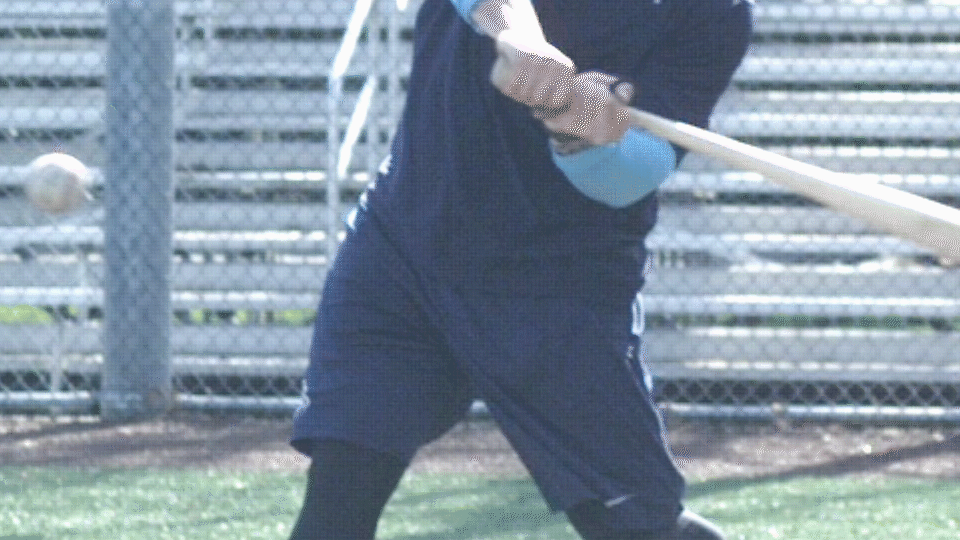
Become the Hitter You Want To Be
Train at Driveline
Train at Driveline
Interested in training with us? Both in-gym and remote options are available!
- Athlete Questionnaire: Fill out with this link
- Email: [email protected]
- Phone: 425-523-4030
Comment section